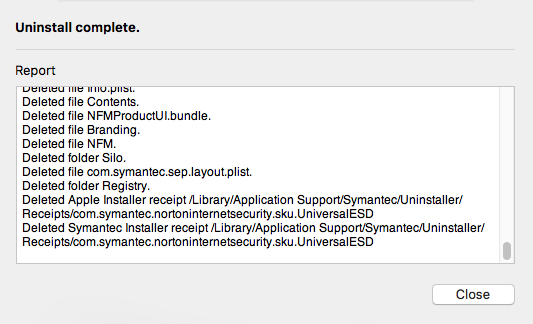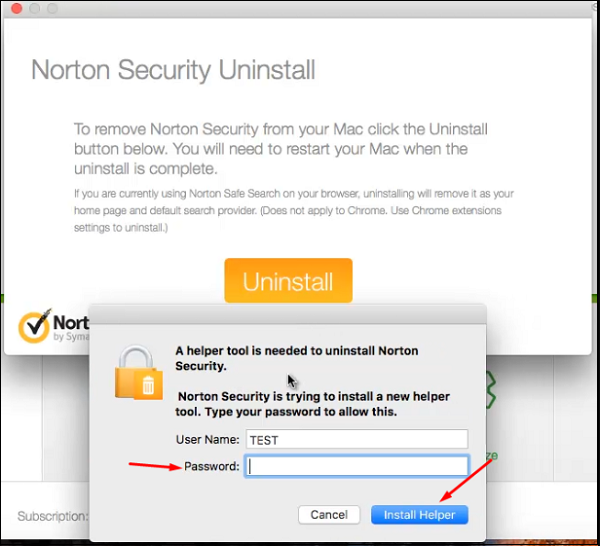
The third reason involves bragging rights. Creating a virus is a little like that - it creates a virtual bomb inside a computer, and the more computers that get infected, the more "fun" the explosion. And that kid probably built bigger and bigger bombs until he either got bored or did some serious damage to himself. When you were growing up, there might have been a kid in your neighborhood who learned how to make gunpowder. Some people have a fascination with things like explosions and car wrecks. The second reason has to do with the thrill of watching things blow up. If that sort of person knows computer programming, then he or she may funnel energy into the creation of destructive viruses. Why would someone want to break a window on someone's car, paint signs on buildings or burn down a beautiful forest? For some people, that seems to be a thrill. The first is the same psychology that drives vandals and arsonists. A person also designs the virus's attack phase, whether it's a silly message or the destruction of a hard disk.


A person has to write the code, test it to make sure it spreads properly and then release it. Obviously, the analogy between computer and biological viruses stretches things a bit, but there are enough similarities that the name sticks. Once a computer virus is running, it can infect other programs or documents. Similar to the way a biological virus must hitch a ride on a cell, a computer virus must piggyback on top of some other program or document in order to launch. In this article, we will discuss viruses - from "traditional" viruses to e-mail viruses and exploits that could target your mobile phone - so that you can learn how they work and understand how to protect yourself. It copies itself to the new machine using the security hole, and then starts replicating from there, as well. A copy of the worm scans the network for another machine that has a specific security hole. Worms: A worm is a small piece of software that uses computer networks and security holes to replicate itself.Trojan horses have no way to replicate automatically.

The program claims to do one thing (it may claim to be a game) but instead does damage when you run it (it may erase your hard disk). Trojan horses: A Trojan horse is simply a computer program.Some e-mail viruses don't even require a double-click - they launch when you view the infected message in the preview pane of your e-mail software. E-mail viruses: An e-mail virus travels as an attachment to e-mail messages, and usually replicates itself by automatically mailing itself to dozens of people in the victim's e-mail address book.

Each time the spreadsheet program runs, the virus runs, too, and it has the chance to reproduce (by attaching to other programs) or wreak havoc. For example, a virus might attach itself to a program such as a spreadsheet program.


 0 kommentar(er)
0 kommentar(er)
